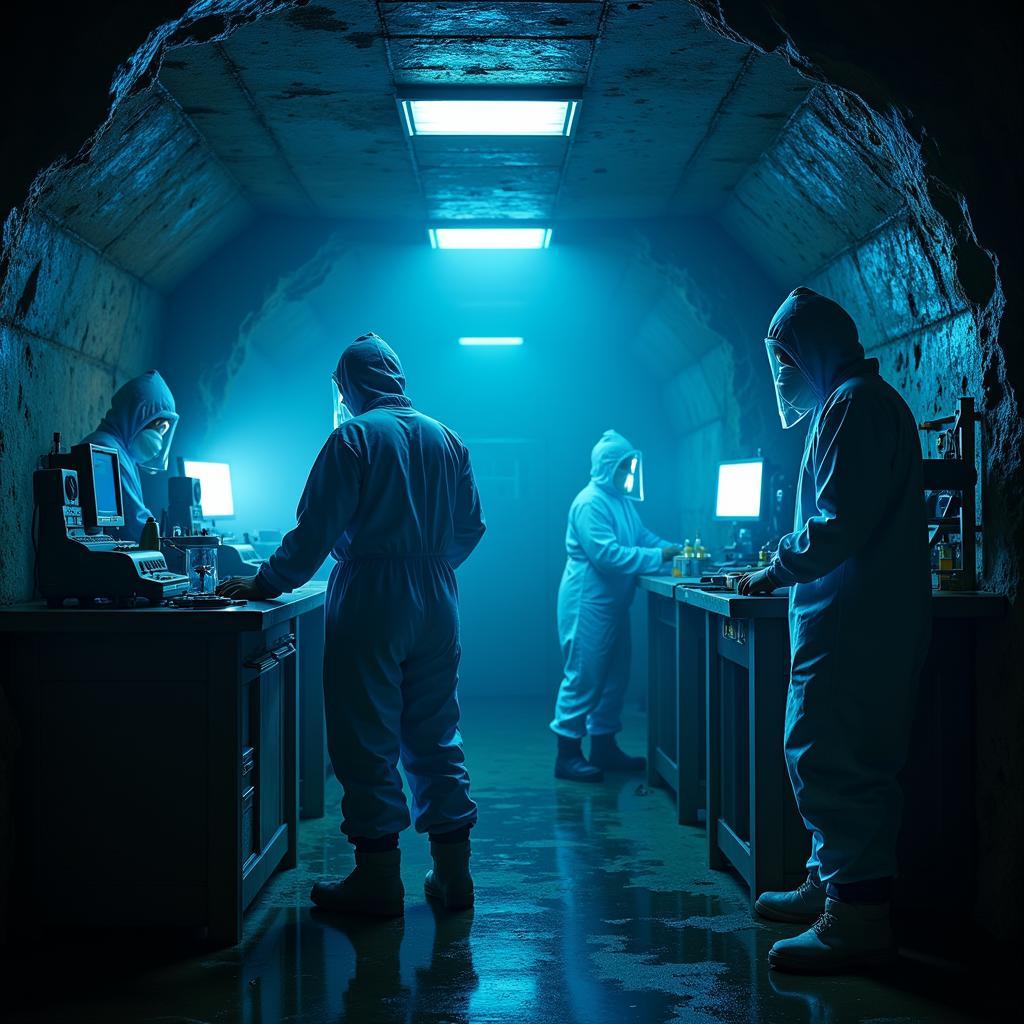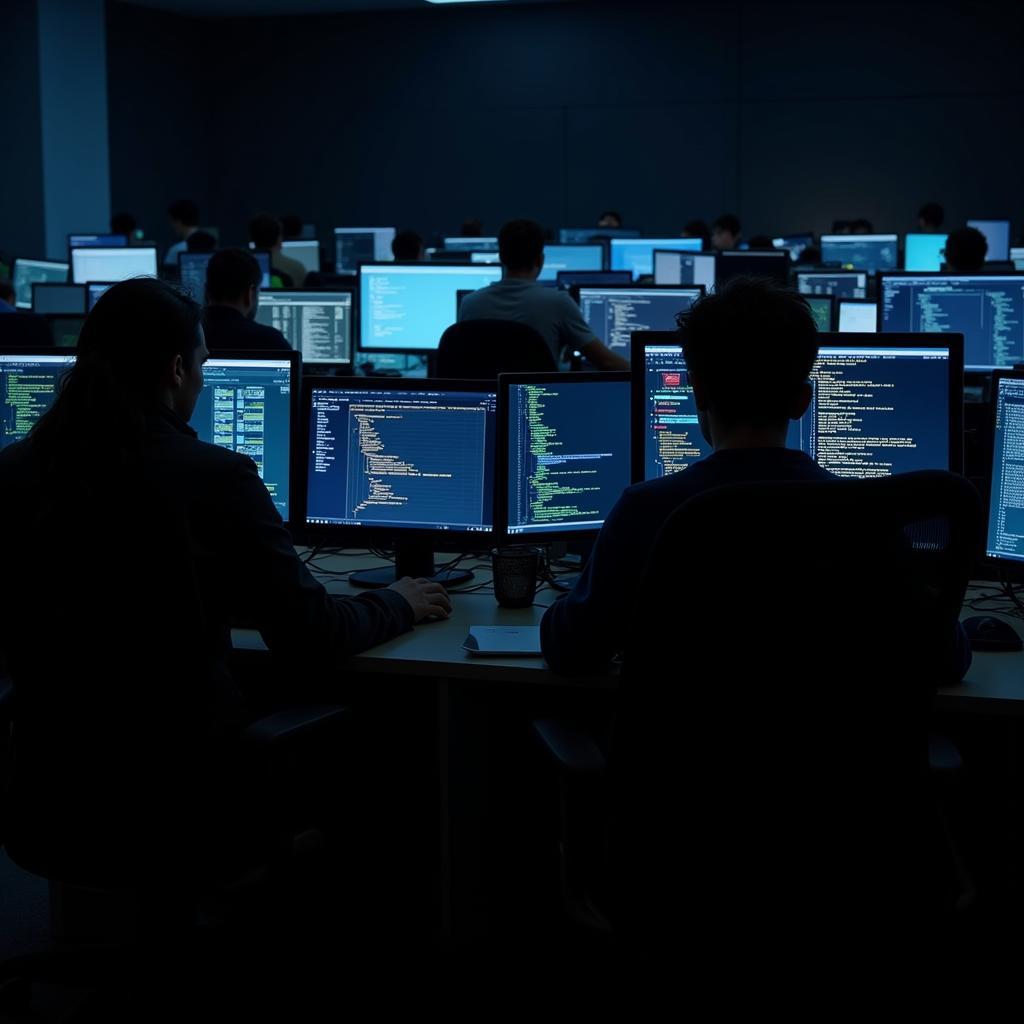The world of intelligence gathering and covert operations is shrouded in secrecy, often operating in a nebulous realm known as “gray zone warfare.” This type of conflict exists in the shadows, blurring the lines between peace and war, utilizing tactics that are difficult to attribute and even harder to counter. One of the most critical aspects of gray zone warfare is covert research, a clandestine battleground where knowledge is weaponized and information becomes the ultimate prize.
 Covert Research Facility
Covert Research Facility
Unseen Warfare: Understanding the Gray Zone
Gray zone warfare represents a significant departure from traditional notions of conflict. It avoids overt military action, instead employing a sophisticated blend of political, economic, cyber, and informational warfare techniques. The goal is not necessarily outright victory, but rather the subtle undermining of an adversary, the gradual shifting of power dynamics, and the achievement of strategic objectives without triggering a full-scale conflict.
Covert research plays a crucial role in this shadowy struggle. It encompasses a wide array of activities, from the development of advanced cyber weapons and sophisticated propaganda techniques to the pursuit of cutting-edge technologies with the potential to disrupt industries, economies, and even the balance of global power.
Weaponizing Knowledge: The Objectives of Covert Research
 Cyber Warfare Command Center
Cyber Warfare Command Center
The goals of covert research in the gray zone are diverse and often interconnected:
- Gaining a Technological Edge: Nations and non-state actors alike engage in clandestine research to develop advanced weapons systems, surveillance technologies, and cyber capabilities that can provide them with a decisive advantage.
- Economic Disruption: Covertly funded research can be used to sabotage critical infrastructure, steal intellectual property, or manipulate financial markets, giving adversaries an economic edge or weakening a target nation from within.
- Information Warfare and Propaganda: Research in social engineering, artificial intelligence, and data analytics can be employed to craft highly effective propaganda campaigns, manipulate public opinion, and sow discord within a target population.
- Maintaining Plausible Deniability: One of the hallmarks of gray zone warfare is the difficulty in attributing actions to a specific perpetrator. Covert research is often conducted through layers of shell corporations and intermediaries, making it extremely challenging to trace back to the true source.
The New Arms Race: Countering Covert Research
The rise of gray zone warfare and the increasing sophistication of covert research present significant challenges for national security agencies and international organizations. Traditional methods of intelligence gathering and counterintelligence are often inadequate in this murky environment.
 Intelligence Analysts Meeting
Intelligence Analysts Meeting
Countering covert research requires a multi-pronged approach that includes:
- Enhanced Cyber Security: Protecting sensitive data, critical infrastructure, and research institutions from cyber intrusions is paramount in the digital age.
- Improved Information Sharing: Intelligence agencies and private sector organizations must collaborate more effectively to share information and identify emerging threats.
- Developing Counter-Propaganda Strategies: Educating the public about disinformation tactics and developing strategies to counter propaganda narratives is crucial.
- International Cooperation: Addressing the challenges of gray zone warfare requires international cooperation to establish norms of behavior and hold perpetrators accountable.
The Future of Warfare is Unfolding in the Shadows
Covert research in the gray zone represents a significant and evolving threat in the 21st century. As technology continues to advance at an unprecedented pace, the potential for its misuse in this shadowy realm of conflict will only grow. Understanding the motivations, methods, and potential consequences of covert research is essential for developing effective countermeasures and safeguarding national security in an increasingly complex and uncertain world.